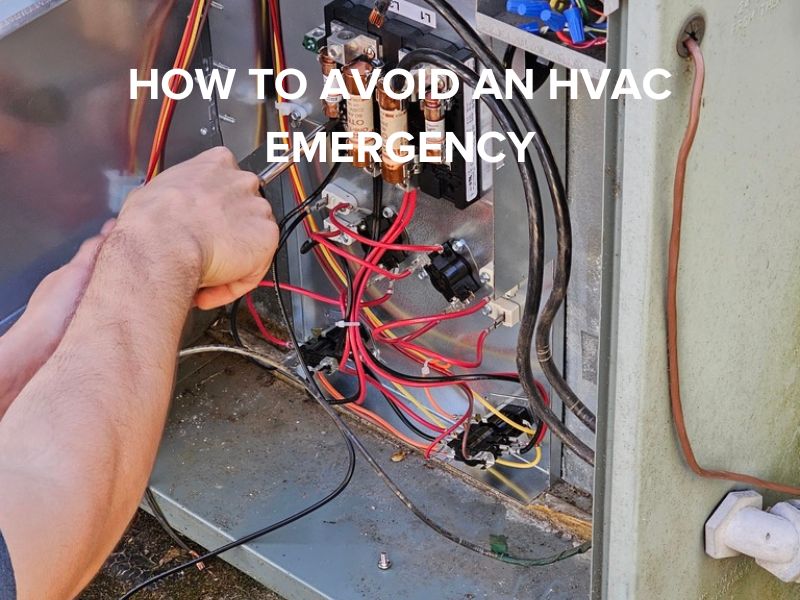There are a number of steps to minimize and mitigate an HVAC emergency. Many of these steps involve periodic user and/or professional inspection to assess any issues or potential issues with heating, ventilation and air conditioning components.
It is of the highest importance to have an HVAC system regularly maintained. Regularly scheduled maintenance and inspection is the best way to minimize the possibility of an HVAC emergency.
Annual Maintenance and Inspection
Annual maintenance and inspection are imperative to minimize the potential of an HVAC emergency. During these routine inspections, experienced HVAC technicians identify filters, repairs, components and inspect the entire HVAC system for wear and tear and replacement requirements.
HVAC Annual Maintenance and Inspection for Property Managers
Annual and semi-annual HVAC maintenance is an important aspect of proper property management. Help minimize emergency HVAC calls from tenants with regular maintenance inspections.
Ensure Exterior Unit Is Clear of Debris & Growth
The space near and around an AC unit needs to be clear of vegetation, debris and growth. Debris and external growth around air conditioning units.
When the AC unit is encroached upon, several issues can occur. Common issues include:
Damage Prevention
Debris and vegetation growth can damage an AC unit and negatively impact the performance of HVAC systems. Debris including dirt, leaves and other external contaminants – can negatively impact residential AC units.
Airflow Maintenance
Proper airflow is integral to air conditioning performance. When airflow maintenance is compromised, an HVAC emergency may occur over a prolonged period of time. Ensure AC units have the proper clearance to ensure proper airflow exists..
Extend Longevity of AC Systems
The best practice to extend the life of an AC unit is to have annual or bi-annual inspections from an experienced HVAC contractor.

Improve Efficiency & Energy Performance
Lack of proper airflow and/or vegetation growth negatively impacts AC units. When there is overgrowth or blockage, the energy bill can be higher than in previous months.
Review the online bill from the same time last year. This will help identify any energy spikes or increases in the energy bill. While reviewing the energy bill, and if it is difficult to remember the weather the last time last year – check out the historical weather data to better assess historical weather data.
Minimize Damage Potential
Removing overgrowth helps maintain and extend the longevity of an exterior AC unit. Clear out the space and if the space is prone to weed growth, putting down some weed prevention paper and ground coverings helps minimize and prevent vegetation growth.
Monitor Unusual Bills & Settings
A helpful component in energy efficiency is to compare and contrast the most current energy bill to those of years past. This information can be accessed on the Nashville Electric Service website after logging into your residential account.
If multiple occupants of a residential property have access to remotely control or access a smart thermostat, the individuals may tinker with the energy settings. This can cause either an increase or a decrease in an energy bill. While new appliances, home upgrades and electric vehicle additions can cause energy increases, if a property is using substantially more energy than in years past, an HVAC system may need an inspection from a professional HVAC technician.
